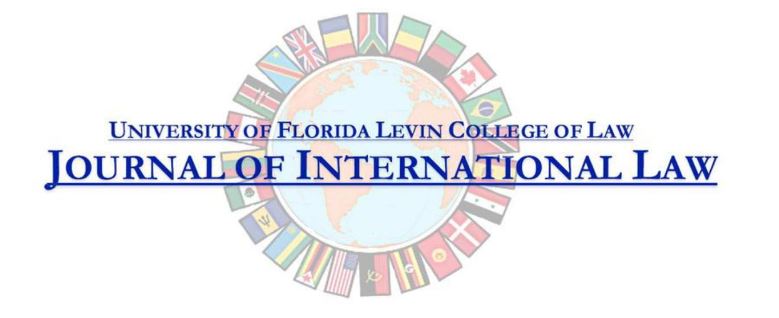
Abstract
The U.S. weapons industry provides much of the weaponry necessary to facilitate mass indiscriminate bombings by a Saudi-led coalition in Yemen, many of which amount to war crimes. The stories referenced in this note represent just a few of the lives harmed in the course of the Yemen civil war. Yet despite consistent public reporting detailing the damage, and calls from the international community to halt sales, the flow of weapons from the United States remains seemingly endless yet accountability is in short supply. The Alien Tort Statute (ATS) provides an avenue for Yemeni survivors to seek redress in U.S. courts for unlawful strikes knowingly facilitated by U.S. weapons companies. This article will assess, in four sections, the viability of an ATS case against a U.S. weapons manufacturer like Lockheed Martin or Raytheon. The first section will outline the relevant background of the conflict in Yemen and the role that the United States government and weapons industry plays in fueling the conflict. The second section will set up the necessary background for an ATS case by first detailing the relevant precedent, then identifying potential Yemeni plaintiffs. The third section will walk through three hurdles that our plaintiff will face in order to successfully mount their ATS case: 1) supporting claims that meet the test established by the Supreme Court’s decision in Sosa v. Alvarez-Machain, 2) establishing that the claims sufficiently “touch and concern” the territory of the United States as required by Kiobel v. Royal Dutch Petroleum Co., and 3) arguing that U.S. corporations may face liability under the ATS. The fourth and final section will walk through potential defenses that our corporate defendant may raise, and why they should fail.
Recommended Citation
Beavers, Elizabeth
(2021)
"War Crimes, Inc.: The ATS Case against the U.S. Weapons Industry for Aiding and Abetting Atrocities in Yemen,"
Florida Journal of International Law: Vol. 31:
Iss.
2, Article 1.
Available at:
https://scholarship.law.ufl.edu/fjil/vol31/iss2/1